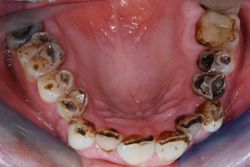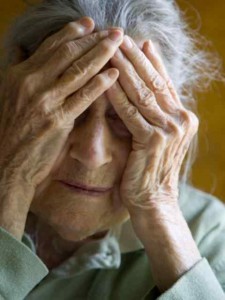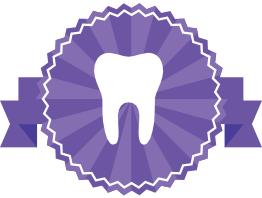My parents had Bad Teeth and I’ve got the same problem!
No Way! What you have is Bad Habits.
What Bad Habits you ask?
- Frequently eating or drinking starch or sugar containing food or beverage during the day.
- Brushing right after you eat.
- Scrubbing the teeth like bathroom tile.
- Rinsing your mouth after you brush with water or worse, mouthwash.
- Constantly sipping water from your designer sports bottle.
Yeah but I’ve always done that!
Time to review the facts:
- Every time you eat or drink, the normal bacteria in your mouth break down the carbohydrates with an increase in acidity that lasts for one half hour after the last mouthful. So if you eat or sip all day long your mouth is constantly acidic.
- If you brush during this acidity, your teeth are softer and get literally worn away by your brushing.
- The brush is very stiff from the last use of toothpaste; scrubbing action is like giving your teeth thirty lashes for bad behavior. First soften the brush by rubbing with your thumb under warm water and then only use a vibratory motion with pressure to clean.
- There are beneficial ingredients in toothpaste that should soak in for at least one half hour but if you rinse, all that potential benefit goes down the drain.
- Many popular mouthwash formulas are acidic to “kill bacteria” but also make your teeth softer.
- Saliva is very protective of your teeth because it neutralizes the acidity and helps to fight the bad bacteria. But every time you sip water or any other beverage, you’re washing away or diluting the saliva.
So what should you be doing to save your teeth?
- Try to eat no more than three times a day and if you snack, try to eat a combination of food that is not acidic. Foods that can reduce acidity are milk, cheese and nuts. Avoid vinegar, citrus, fruits and starches.
- Wait at least one half hour after drinking/eating before brushing; if you must brush right away, use water or an alkaline mouthwash (baking soda or “Biotene”) to reduce the acidity first.
- The best brushing stroke is given by an electric toothbrush (Sonicare or OralB’s vibratory motion) which you can simulate with your manual brush which just takes longer.
- Mouthwash should be used first to reduce the bacteria count in your mouth, then floss or pick between the teeth and finally brush with a good quality toothpaste. Lastly do not rinse but spit out the extra toothpaste and allow the beneficial ingredients to soak in.
- If you have real sensitive teeth or extensive dental restorations, be sure to use a low abrasive toothpaste which can be any of the products for sensitive teeth such as Sesnsodyne’s Pro-Enamel.
If you take the time to develop Good Habits, you’ll be rewarded with Great Teeth and Healthy Gums.




